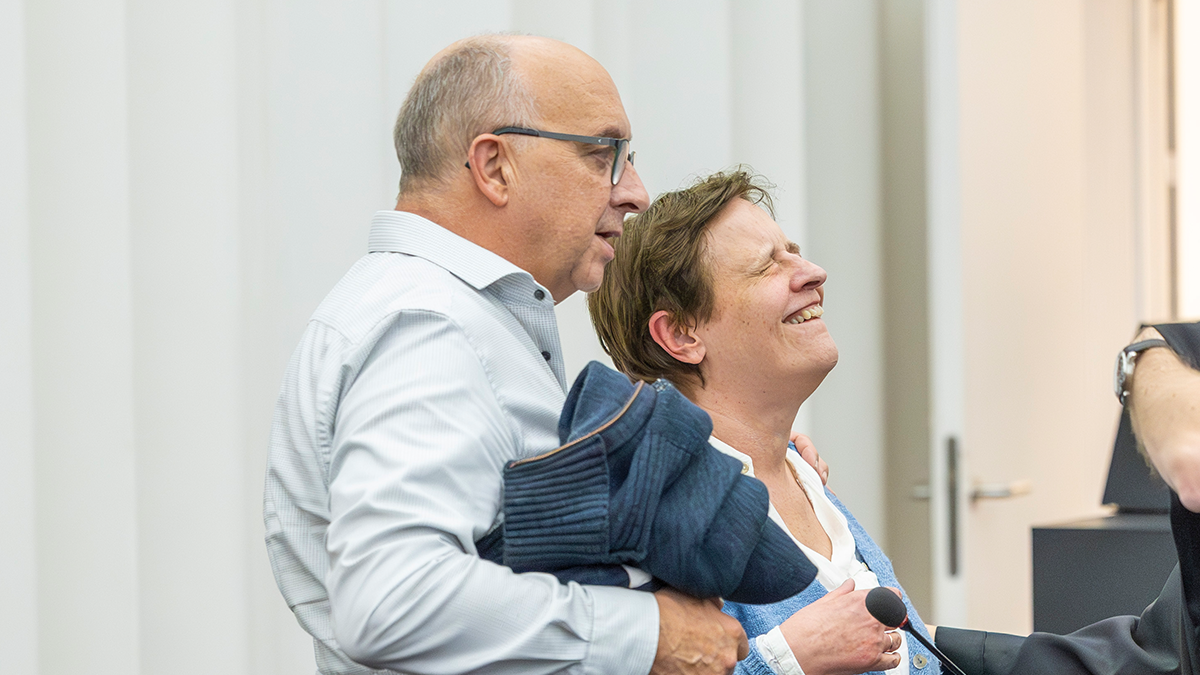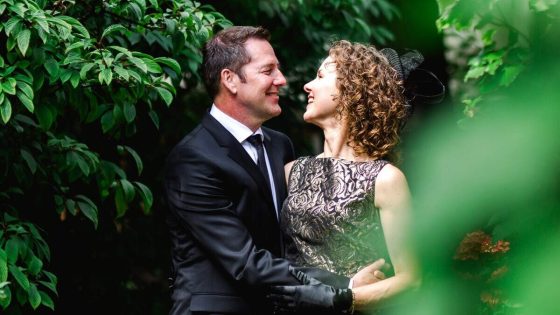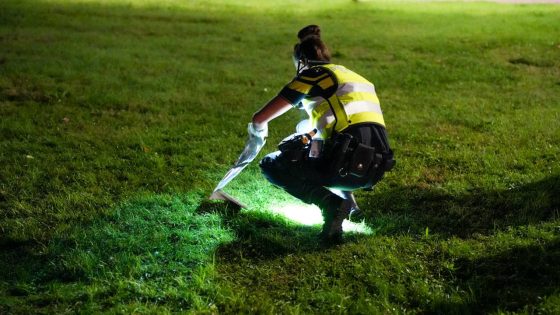In a notable case in Belgium, Katrien De Paep, 63, was found guilty of murdering her own mother, Maria Verhofstede, 85, by administering a lethal dose of insulin. This incident occurred nearly four years ago in the VITAZ hospital in Sint-Niklaas.
Details of the Verdict
The court’s ruling highlighted that De Paep herself admitted her intention was to end her mother’s life. The judges pointed out that contrary to De Paep’s claims, there was no evidence that she was coerced into her actions. The court emphasized that her free will was intact. Notably, De Paep had made a previous attempt to poison her mother just nineteen days prior, a factor that heavily influenced the court’s decision. The judges characterized her actions as both deliberate and thoughtful.
The Public Prosecutor’s Office demanded a sentence of five years with probation. They argued for the need to rectify the injustice while ensuring De Paep continues to receive support. “I demand the maximum conditional sentence,” the prosecutor stated. De Paep’s defense described the situation as a fair and humane request, reflecting the complex emotions surrounding the case.
Sentencing Outcome
After a brief deliberation, the East Flanders assize court agreed with the prosecution. De Paep was sentenced to five years in prison, but with a suspended sentence. She had been in pre-trial detention since her confession in March 2022, spending most of that time under an electronic bracelet, thus avoiding a return to prison.
Her defense attorneys argued that De Paep, with over thirty years in healthcare, witnessed her mother’s unbearable suffering and lack of prospects. They asserted that De Paep’s feelings were not irrational but grounded in her professional knowledge and experience. Attorney Raan Colman stated that one could only feel “compassion” and “sympathy” in this case.
The prosecutor, Caroline Verscheure, acknowledged the emotional weight of the case. She noted that many individuals have cared for ill family members or friends, facing the difficult circumstances of illness and suffering. However, she insisted that there is a fundamental boundary in deciding matters of life and death. “Acting on these feelings to determine another’s fate is an entirely different action,” she argued.
The case was made more challenging by the fact that De Paep was not a ruthless criminal but a caregiver who dedicated her life to helping others, yet ultimately took her mother’s life. The family chose not to join the case as civil parties, demonstrating their loyalty, but this also deprived them of the opportunity to say goodbye to their mother and grandmother. Prosecutor Verscheure expressed no doubt about the culpability concerning the charges of poisoning and attempted poisoning, affirming that “deciding on life and death has no place in our society.”




















![73-jarige automobilist omgekomen na aanrijding met vrachtwagen op N279 [+foto’s]](https://news.faharas.net/wp-content/uploads/2025/09/Police-Report-Details-73-Year-Old-Drivers-Death-in-N279-Collision-230x129.jpg)







